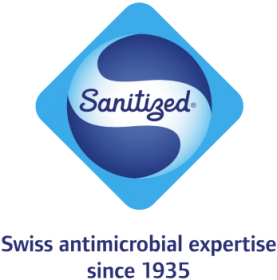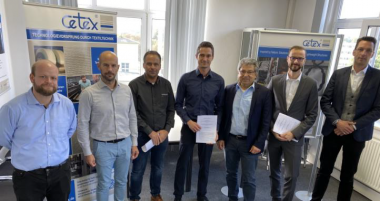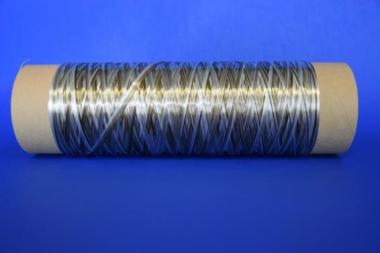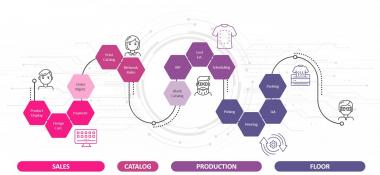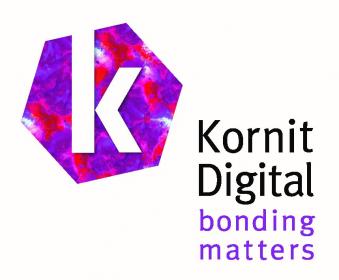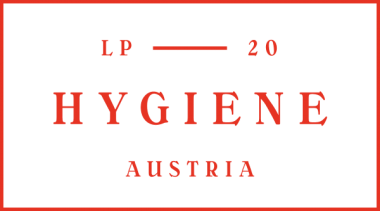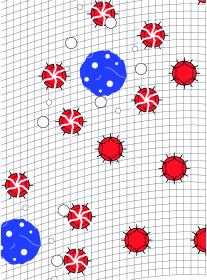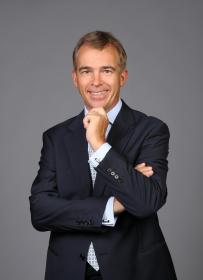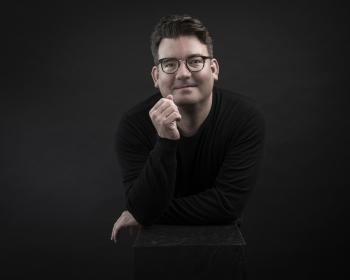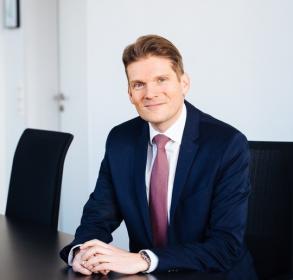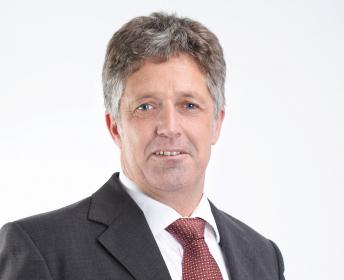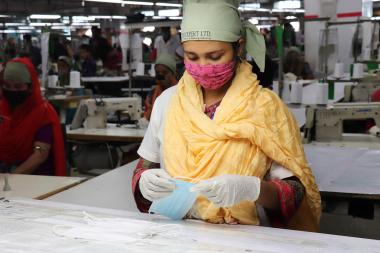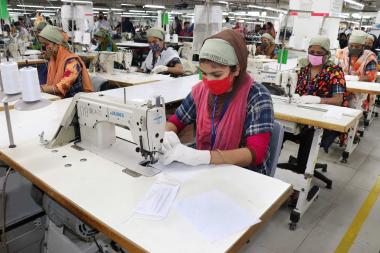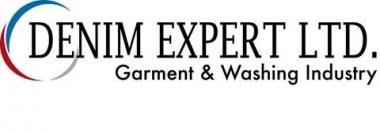Dibella selected as a role model for corporate social responsibility
Dibella has been selected by the German Federal Ministry for Labour and Social Affairs (BMAS) as a model case study for due diligence in the context of human rights. The showpiece for responsible supply chain management is presented on the Ministry’s homepage.
For many years now, Dibella has been engaged in developing a fair and ecologically responsible textile supply chain and was therefore one of 25 enterprises nominated for the prestigious CSR award of the German government in the year 2020. The responsible Federal Ministry of Labor and Social Affairs (BMAS) has now selected the human rights due diligence activities implemented by Dibella as a positive case study. A presentation of the company's extensive activities for sustainable action is now available on the BMAS website.
An encouraging, positive example
"Corporate social responsibility means illuminating the impacts of one's own entrepreneurial actions at all levels and integrating responsible action into all business activities. We have been consistently implementing this philosophy for many years. We attach great importance to the sustainable production of our textiles and to good working conditions throughout our value chain. It therefore makes us proud that our approach is presented by the BMAS as a good example of a positive contribution to society, which can serve as motivation for sustainable commitment in all industries," says Ralf Hellmann, Managing Director of Dibella.







